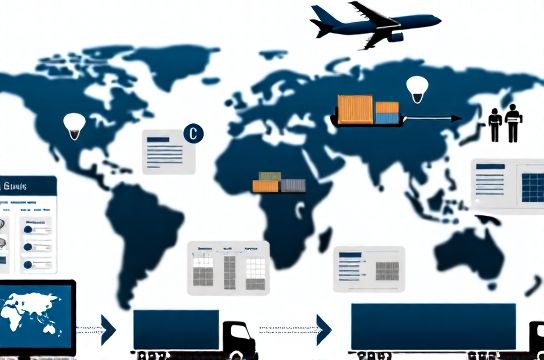Understanding Customs
- 时间:
- 浏览:65
- 来源:OrientDeck
Navigating international customs doesn’t have to feel like decoding ancient hieroglyphics. Whether you’re shipping a care package to your cousin in Canada or importing goods for your e-commerce side hustle, understanding customs is key to avoiding surprise fees and shipping snafus.

Customs agencies—like U.S. Customs and Border Protection (CBP), the UK’s HMRC, or Australia’s ABF—are responsible for regulating what enters and leaves a country. They check for prohibited items, collect duties and taxes, and ensure compliance with trade laws. Think of them as the bouncers of global trade: they decide what gets in, what gets taxed, and what gets turned away at the border.
Here’s a quick breakdown of average duty rates across major economies:
| Country | Average Duty Rate (%) | VAT/GST Rate (%) |
|---|---|---|
| United States | 3.4 | 0 (No federal VAT) |
| United Kingdom | 5.2 | 20 |
| Germany | 4.8 | 19 |
| Australia | 4.3 | 10 (GST) |
Source: World Bank & OECD Trade Data 2023
One common headache? Misclassifying goods. Every product has a Harmonized System (HS) code—a kind of global barcode for customs. Get it wrong, and you could face delays or fines. For example, is your shipment ‘cotton t-shirts’ or ‘knit apparel for men’? Small difference, big implications.
Pro tip: Use online HS code lookup tools from official customs websites. The U.S. International Trade Commission’s HTSUS database is free and surprisingly user-friendly.
Duties aren’t the only cost. Don’t forget about processing fees, brokerage charges, and environmental levies. A $200 package from China might rack up an extra $40 in fees under de minimis thresholds (the value below which imports aren’t taxed). The U.S. de minimis is $800—generous compared to Canada’s $20.
And speaking of rules, some items are outright banned or restricted. Medications, food, plants, and even certain electronics often require permits. Shipping lithium batteries? That’s a whole paperwork adventure.
In short: research before you ship. Know your HS code, check duty rates, and declare accurately. A little prep saves big headaches—and keeps your global shopping sprees smooth and legal.